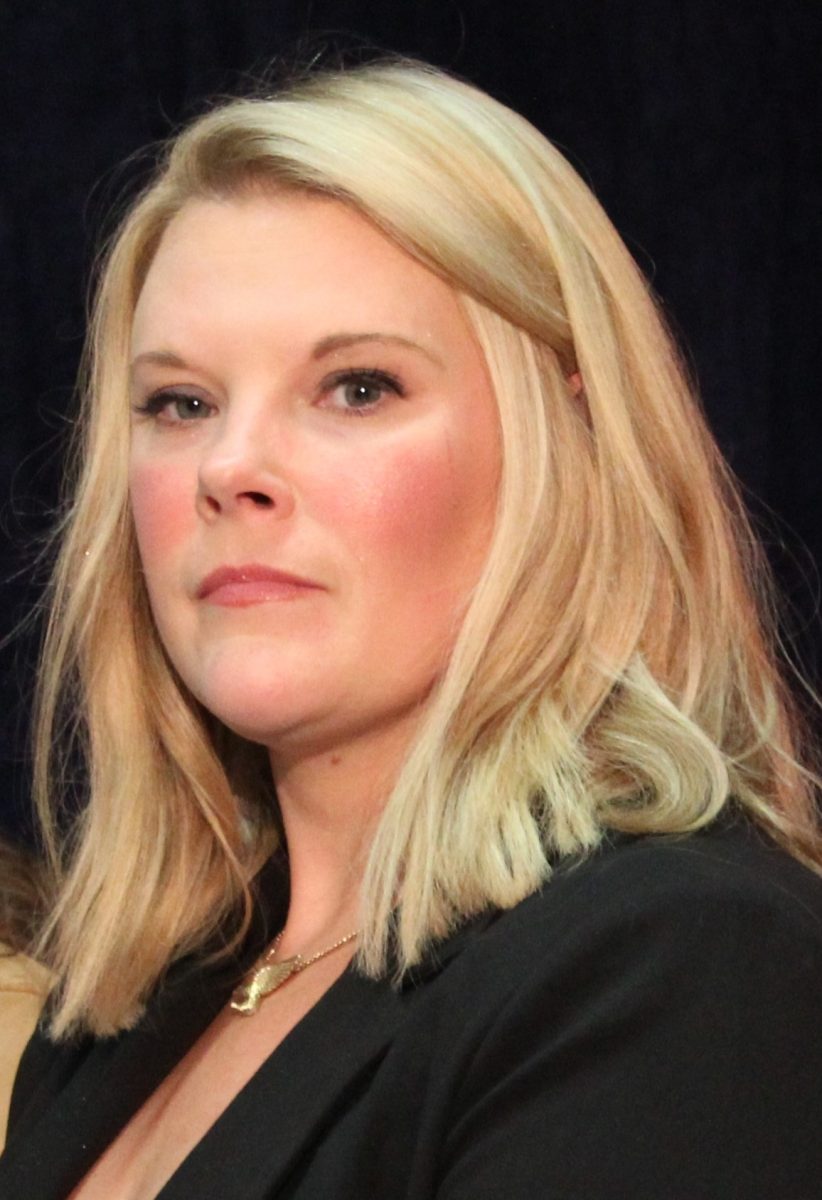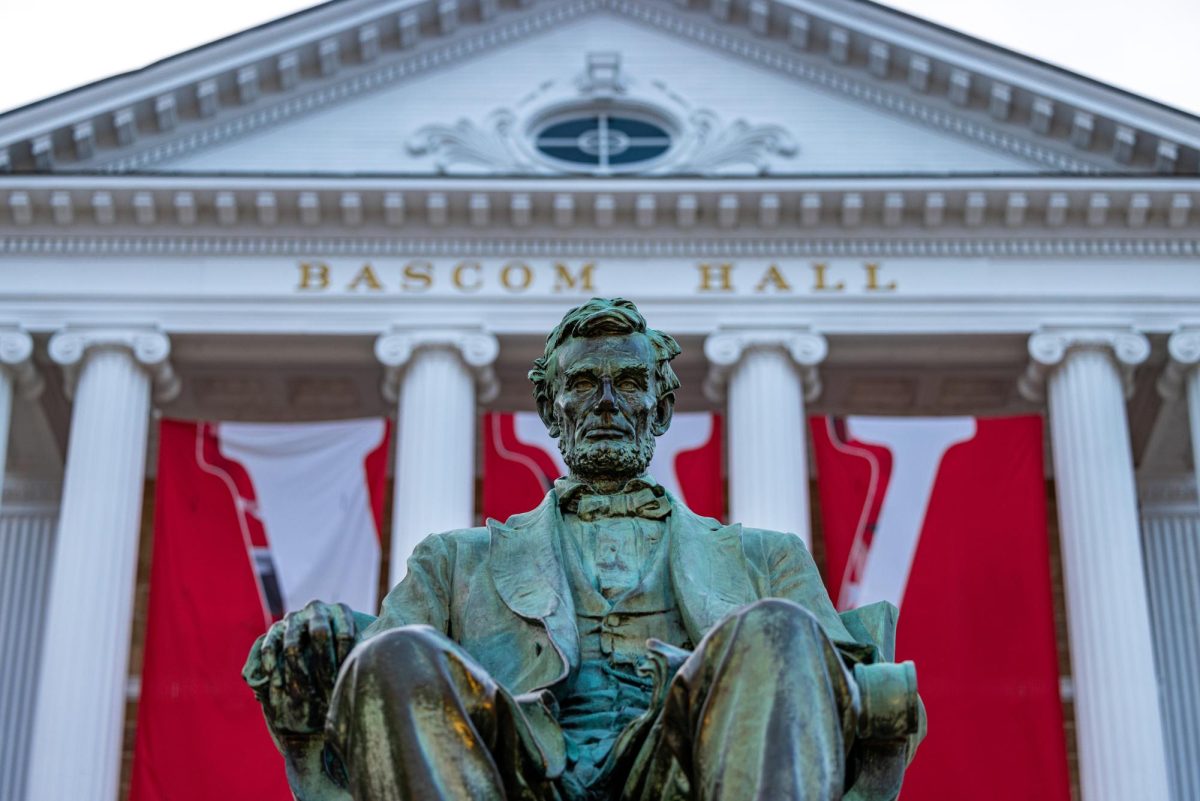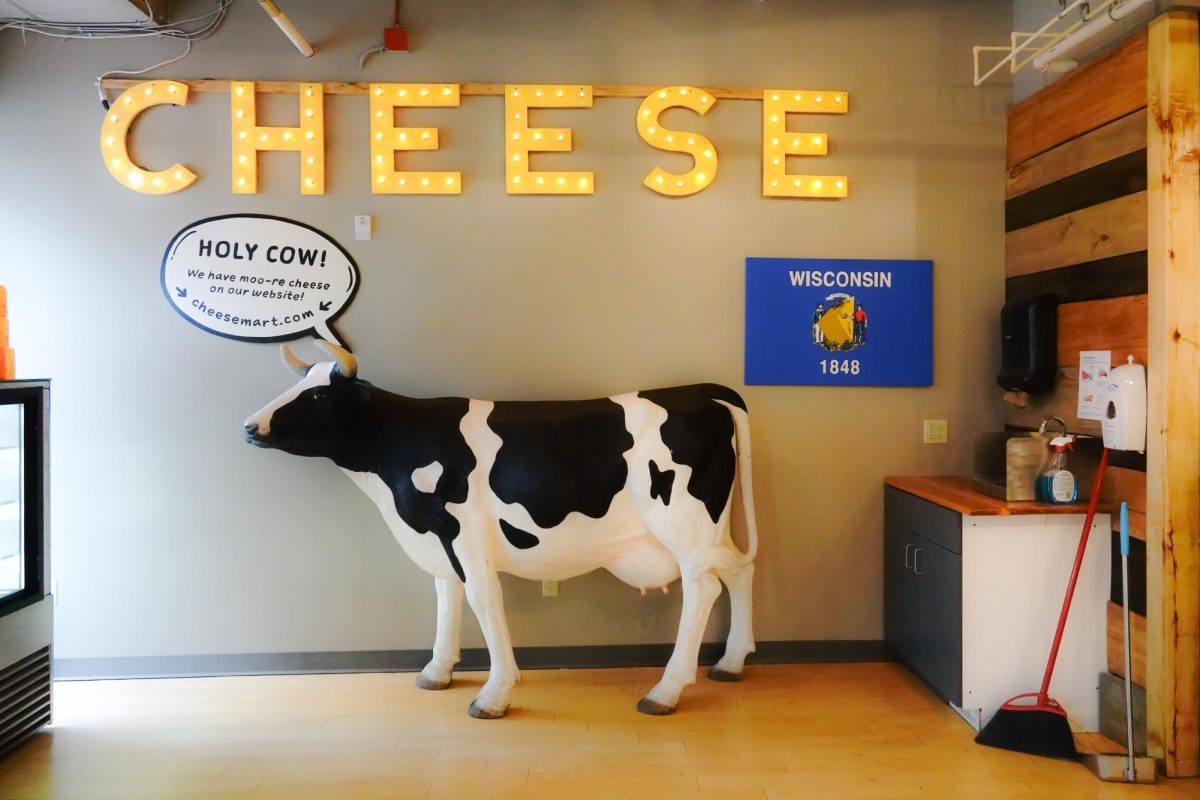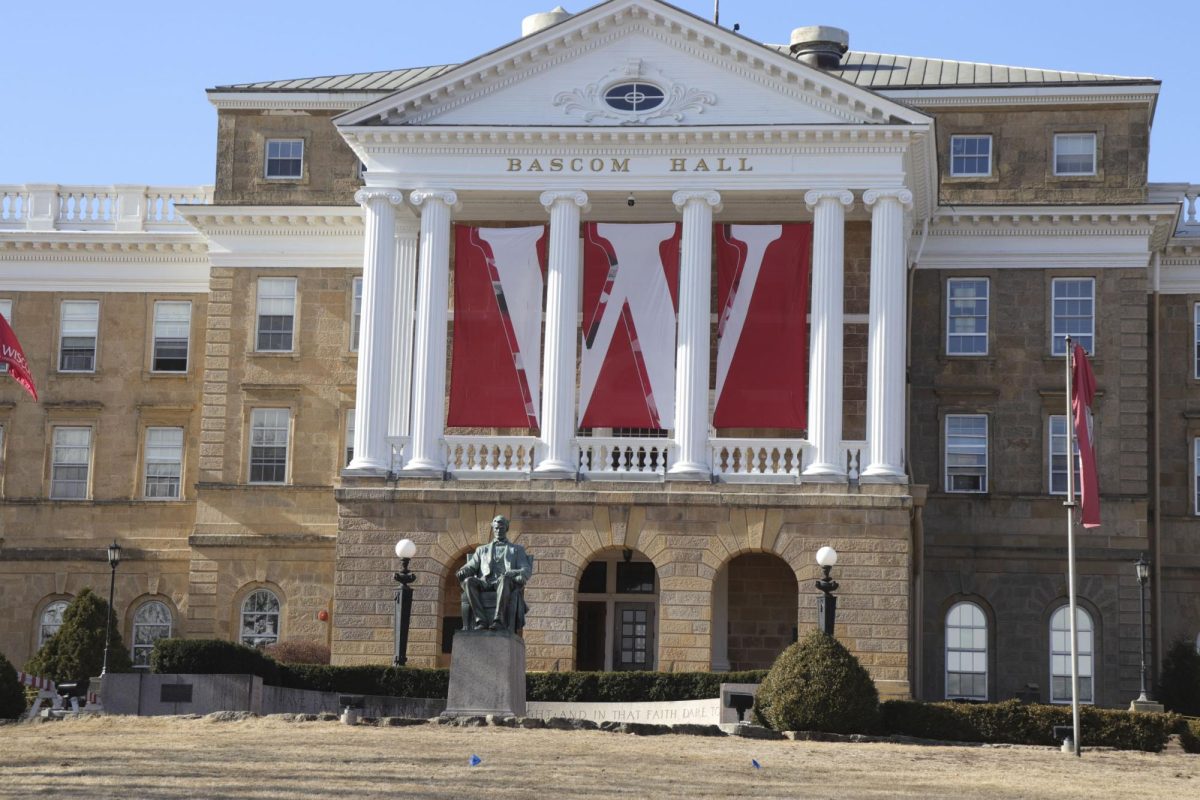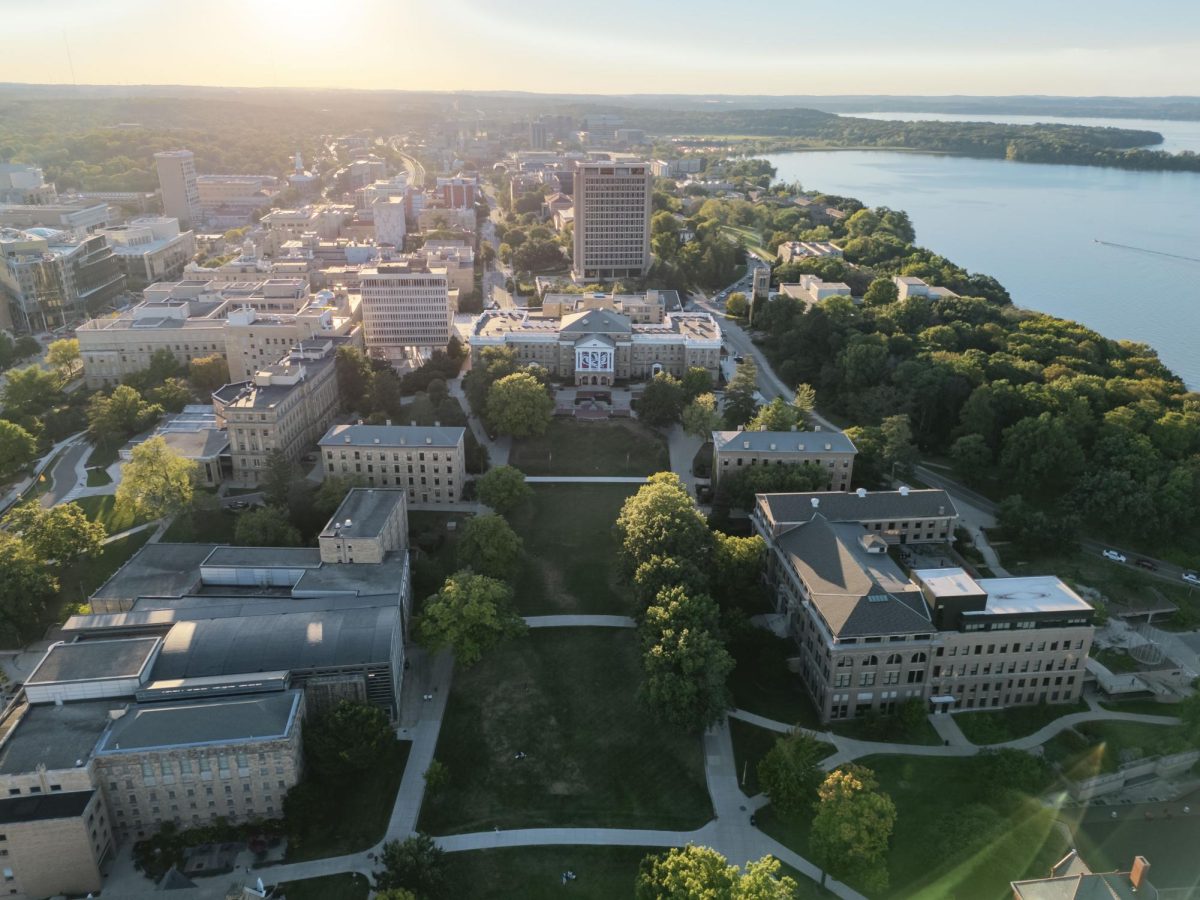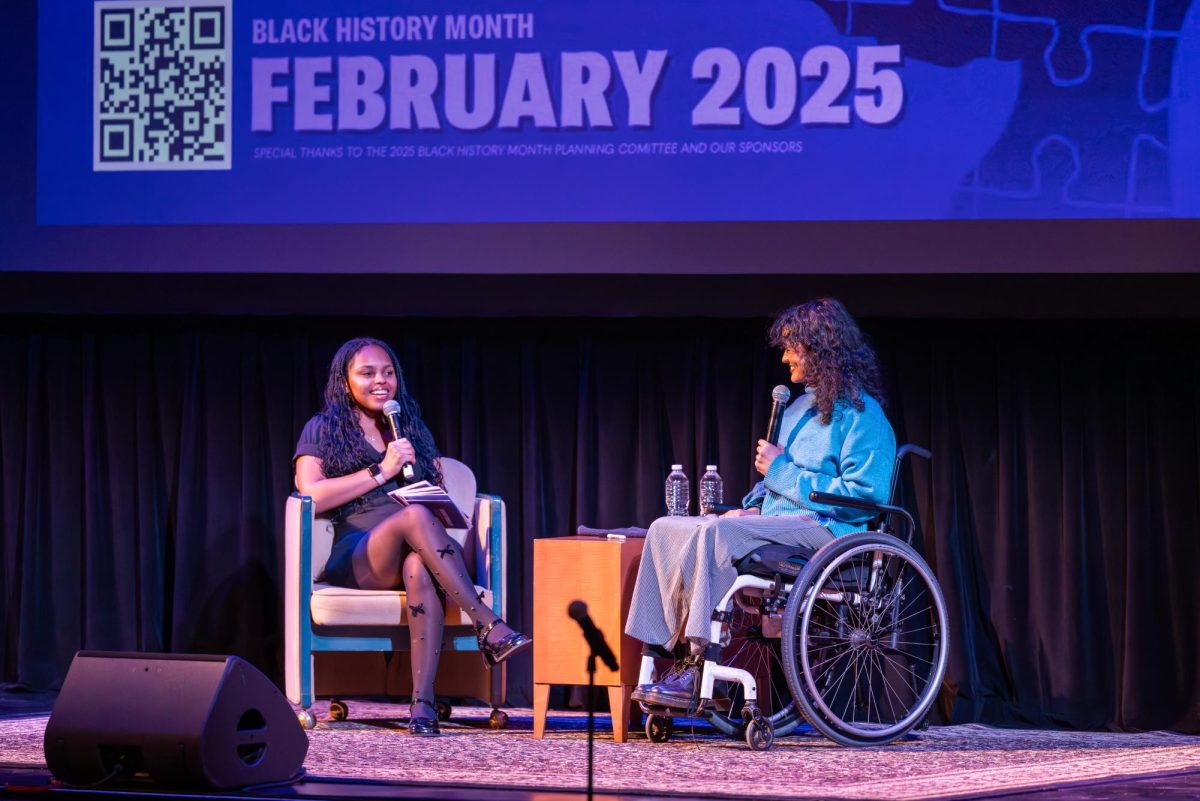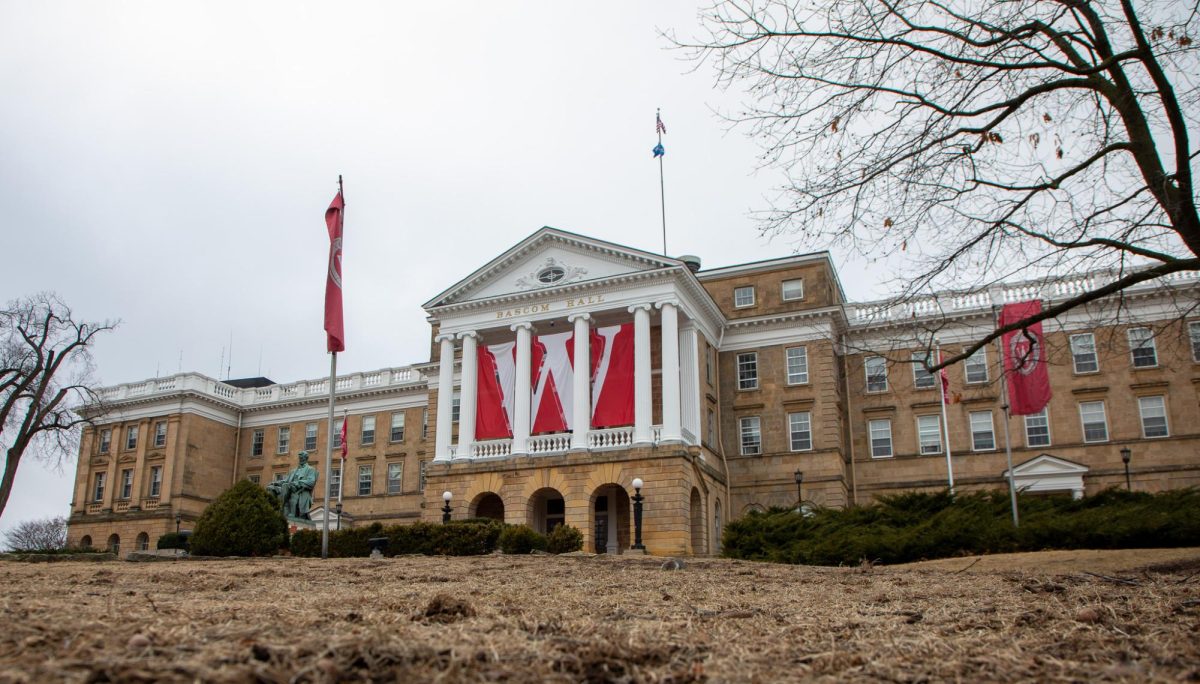The University of Wisconsin released a statement last week opposing the new rules by the U.S. Department of Homeland Security to confine the length of stay for student visas to a maximum of four years.
The new rules proposed by the DHS would not allow international students to stay longer than four years, and if they wish to remain longer, they would need to go through an application process with U.S. Citizenship and Immigration Services for an extension of maximum two years or leave the U.S. and apply to the U.S. Customs and Border Patrol to gain entry.
The F, J and I visas are issued to academic students, exchange visitors and representatives of foreign information media, respectively. These three are nonimmigrant visa categories, and people with the F, J and I visas are referred to as “non-resident aliens,” according to the DHS.
The DHS released a statement on the reasoning behind the proposed rules.
“The Department accordingly is concerned about the integrity of the programs and a potential for increased risk to national security,” DHS said. “[Admitting millions of nonimmigrant people in the U.S. in 2018] is a testament to the United States’ exceptional academic institutions, cutting-edge technology and environment that promotes the exchange of ideas, research and mutual enrichment.”
In a press release, UW said the current rules allow international students and scholars some flexibility to stay in the U.S. as long as it is necessary to complete their studies, as long as they comply with visa regulations and remain enrolled in their program.
In addition, according to UW, the current policies are important for PhD students, since doctorates often take six or more years to finish and contribute to the country’s competitiveness in “cutting-edge fields.” UW said the new proposed rules would create “uncertainty” for students if they can stay and complete their studies.
“The federal government’s current policy is effective,” UW said. “It recognizes that academic programs have differing lengths and individual student and scholar time to degree fluctuates depending on many factors such as health issues, experiments taking longer than expected, or additional courses pursued.”
Since students and scholars must be enrolled full-time and in compliance with their visa status requirements, the current policies do not allow students and scholars to remain in the U.S. indefinitely, UW said in the press release.
UW said they will continue to oppose the new policy proposed by the DHS to add “arbitrary time limits” and other restrictions to student and scholar visas. UW also said they will “vigorously” advocate with their peer institutions in support of international students and scholars.
“We are in a global competition for talent,” Blank said in the press release. “This rule would make [the] U.S. and universities like UW–Madison a less attractive destination for the best and the brightest, who we need to maintain technological leadership and develop scientific innovations. This rule also may unequally impact students from smaller countries and endanger the rich diversity and exchanges they bring to institutions in Wisconsin and across the U.S.”



